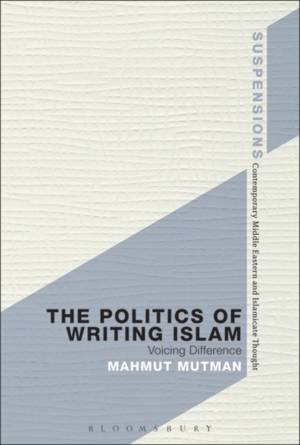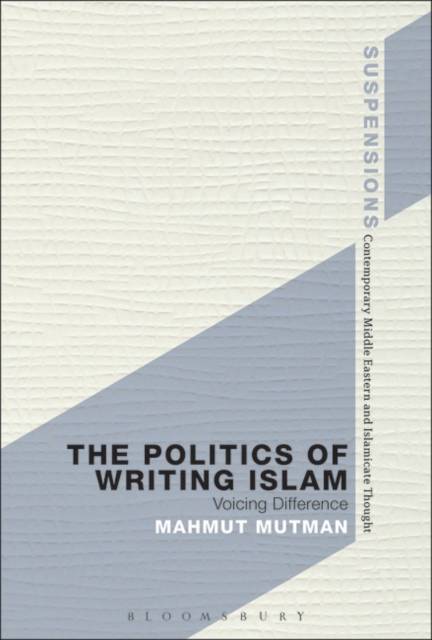
- Retrait gratuit dans votre magasin Club
- 7.000.000 titres dans notre catalogue
- Payer en toute sécurité
- Toujours un magasin près de chez vous
- Retrait gratuit dans votre magasin Club
- 7.000.000 titres dans notre catalogue
- Payer en toute sécurité
- Toujours un magasin près de chez vous
Description
The Politics of Writing Islam provides a much-needed critique of existing forms of studying, writing and representing Islam in the West. Through critiquing ethnographic, literary, critical, psychoanalytic and theological discourses, the author reveals the problematic underlying cultural and theoretical presuppositions. Mutman demonstrates how their approach reflects the socially, politically and economically unequal relationship between the West and Islam.
While offering a critical insight into concepts such as writing, power, post-colonialism, difference and otherness on a theoretical level, Mutman reveals a different perspective on Islam by emphasizing its living, everyday and embodied aspects in dynamic relation with the outside world - in contrast to the stereotyped authoritarian and backward religion characterized by an omnipotent God. Throughout, Mutman develops an approach to culture as an embodied, everyday, living and ever changing practice. He argues that Islam should be perceived precisely in this way, that is, as an open, heterogeneous, interpretive, multiple and worldly belief system within the Abrahamic tradition of ethical monotheism, and as one that is contested within as well as outside its 'own' culture.Spécifications
Parties prenantes
- Auteur(s) :
- Editeur:
Contenu
- Nombre de pages :
- 272
- Langue:
- Anglais
- Collection :
Caractéristiques
- EAN:
- 9781441165244
- Date de parution :
- 16-01-14
- Format:
- Livre relié
- Format numérique:
- Genaaid
- Dimensions :
- 152 mm x 236 mm
- Poids :
- 544 g







